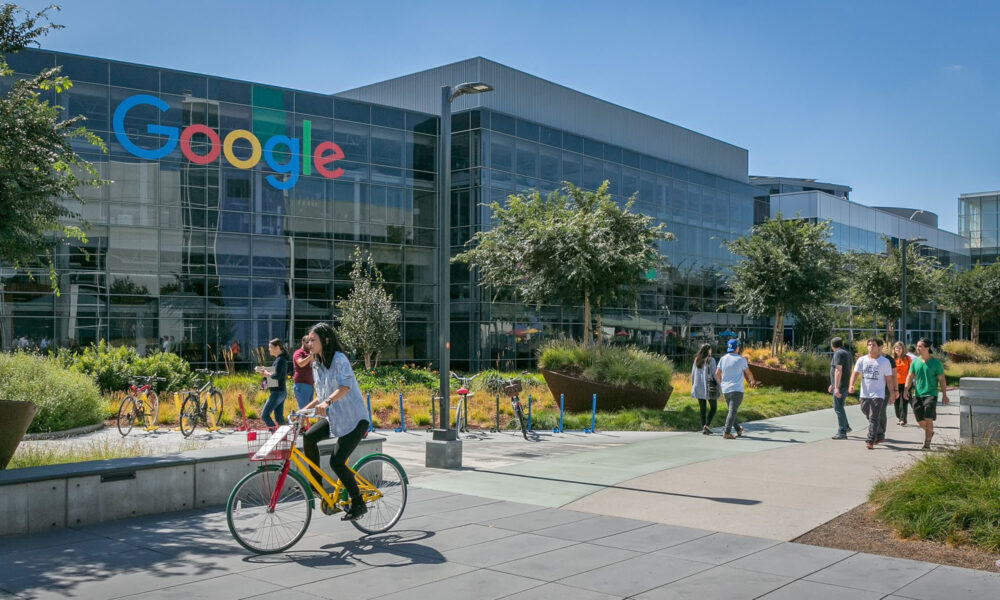News
MENA Job Seekers Can Obtain Career Certificates & Scholarships From Google
For job seekers who only speak Arabic, Google has added 5 additional digital skills courses to help them acquire even more digital skills.

The tech industry has an insatiable appetite for skilled employees, and universities don’t produce nearly enough graduates to meet it. The result is a global talent shortage, which has recently reached a 15-year high, with 69% of employers globally struggling to find employees with the right blend of technical skills and human strengths.
Now, Google is offering to sponsor over 7,000 scholarships for its Career Certificates program in the Middle East and North Africa as part of the Grow Stronger with Google initiative.
The certificates included in the program are aimed at job seekers with no prior IT experience, and their goal is to help them cultivate the skills they need to find employment in the following four major fields: IT support, project management, UX design, and data analytics.
To reach a wide range of participants, several local organizations are helping to distribute the scholarships, including:
- Amideast in Lebanon
- Dubai International Financial Center (DIFC) and the Higher College of Technology in the UAE
- Egyptian Banking Institution (EBI) and the University Center for Career Development (UCCD)
- Gaza Sky Geeks in Palestine
- General Commission for Audiovisual Media (GCAM) and the Human Resources Development Fund (HRDF) in Saudi Arabia
- The Agency for Digital Development (ADD) in Morocco
Google’s certificates can be obtained even without a scholarship through self-paced programs on Coursera.org. It’s then up to individual employers to recognize them.
Also Read: Mastercard Plans To Say Goodbye To Magnetic Stripes In 2024
For job seekers who only speak Arabic, Google has added five additional digital skills courses to Maharat min Google, helping them acquire even more digital skills needed to thrive in today’s digital world.
Google’s initiative is part of the global education trend of placing greater emphasis on practical skills and using modern digital tools to obtain them. This trend reflects the fact that traditional universities have limited capacity and have trouble keeping with the rapidly evolving needs of the tech industry.